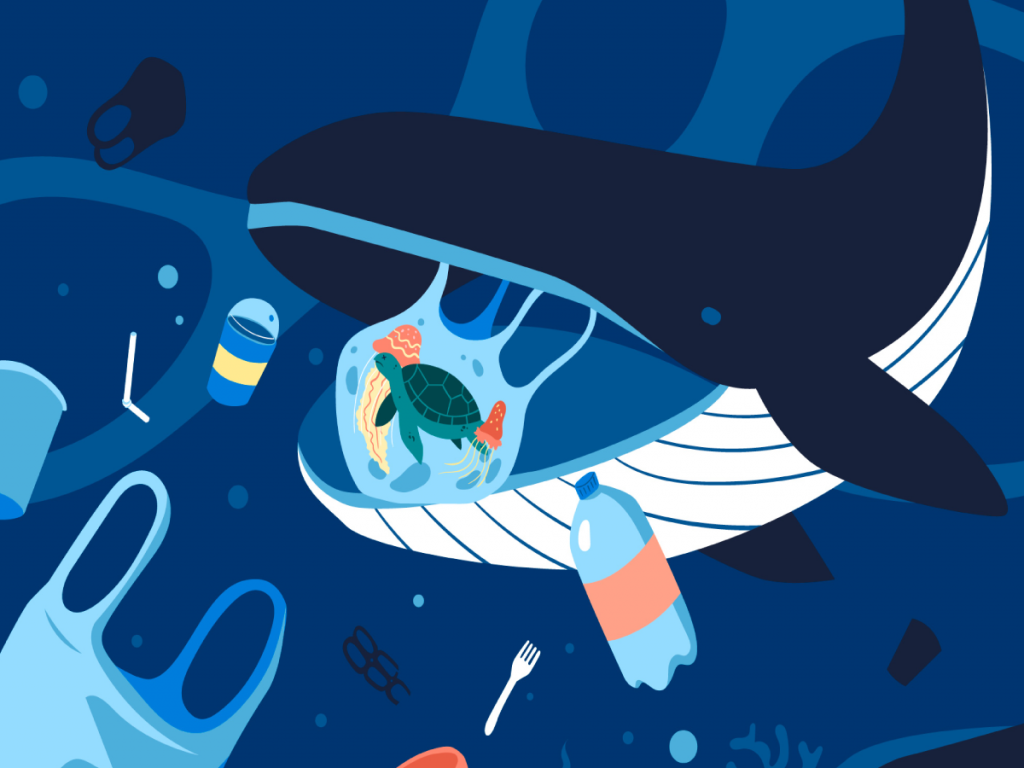Ocean Pollution by Plastics: A Plague with Multiple Solutions
Plastic pollution in the oceans is currently a major environmental issue. Every year, millions of tons of plastic waste end up in the seas and oceans, with devastating consequences for marine wildlife and flora.
Causes of This Pollution
Plastic pollution in the oceans is caused by several factors. First, the excessive use of plastic is a crucial element. Due to its low cost and durability, plastic is ubiquitous in our daily lives. Unfortunately, a significant portion of this plastic is not properly disposed of, ending up in the marine environment. Additionally, poor waste management constitutes another determining factor. In many countries, waste management infrastructures are insufficient, leading to illegal dumping of plastic waste. Furthermore, maritime transport is also to blame. Maritime accidents and illegal discharges from ships significantly contribute to plastic pollution in the oceans.
Consequences on the Marine Environment
The consequences of plastic pollution on the marine environment are numerous and serious. Firstly, marine wildlife is severely affected. Marine animals frequently ingest plastic waste, which can lead to their death. Moreover, marine ecosystems are disrupted by the presence of this waste, compromising animal reproduction and altering the food chain. Finally, the contamination of the food chain is another harmful effect. Microplastics, tiny plastic fragments, can enter the food chain, contaminating fish and seafood consumed by humans.
Solutions to Stop This Catastrophe
In light of this alarming situation, it is urgent to implement solutions to stop plastic pollution in the oceans. Several measures can be taken. First, it is essential to reduce plastic use by promoting sustainable alternatives such as cloth bags or reusable bottles. Additionally, improving waste management is necessary, involving the development of more effective infrastructures for collecting and recycling plastic waste. In parallel, stricter measures must be put in place to combat illegal discharges of plastic waste into the sea. It is also crucial to raise public awareness about the dangers of plastic pollution and promote eco-responsible behaviors. Finally, investments in research and innovation are needed to develop new environmentally friendly materials and technologies.
A Complex Problem Requiring Collective Action
Plastic pollution in the oceans is a complex issue that requires collective action. By adopting more responsible behaviors and supporting ambitious public policies, we can help protect our oceans and preserve marine biodiversity for future generations.

